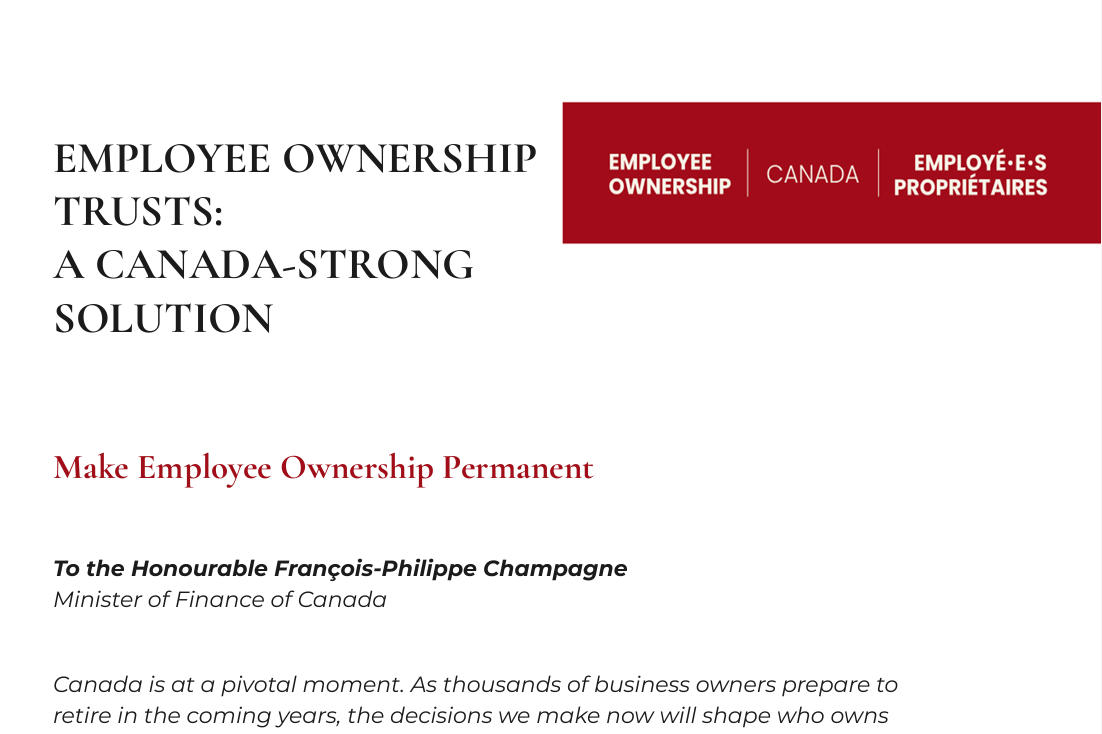By Matthew Mendelsohn | The Toronto Star
Mark Carney had a chance to weigh in one of the defining issues facing Canada. The answer he gave suggests he isn’t ready for public life
Mark Carney made a speech last week and many people had plenty to say about it. But one of his replies during the Q & A deserves more attention than it received.
MP Nate Erskine-Smith asked Carney what he would do about Canada’s growing wealth inequality. Carney’s answer was a bit unfocused, but he made two points clearly: 1) Let’s hope wealthy people give more to charity, and 2) We shouldn’t only focus on redistribution.
This was not a serious answer.
If Carney wants to play a constructive role in Canadian public life, he should have thought deeply about the staggering and growing wealth concentration in Canada and around the world. This concentration is creating anxiety and anger among many young people, it is destabilizing democratic societies and he should have something meaningful to say about it.
Given his professional history, Carney knows that the benefits from economic growth in recent decades have increasingly gone to capital rather than workers. Even if he doesn’t want to serve up big pieces of blame pie, he should at least have critical reflections on the role of finance in producing obscene wealth alongside real hardship.
Unfortunately, Carney’s instincts on wealth inequality are reflective of what has been on full display from many business leaders over the past few weeks who have been bemoaning Canada’s “productivity emergency” — and then having a bit of a fit about small changes in the capital gains tax.
We share these concerns about the long-term decline in productivity, which has real and negative consequences on our quality of life.
But Canada’s long-standing productivity challenges have been debated for three decades, their causes are not well-understood and the solutions are not obvious. We certainly shouldn’t assume that realistic solution just happen to coincidentally lineup with all the prior positions and economic interests of corporate Canada.
“Given his professional history, (Mark) Carney knows that the benefits from economic growth in recent decades have increasingly gone to capital rather than workers,” writes Matthew Mendelsohn. “Even if he doesn’t want to serve up big pieces of blame pie, he should at least have critical reflections on the role of finance in producing obscene wealth alongside real hardship.”
We are even more concerned that many of Canada’s industry leaders who shape our public debate have seemingly missed the most important economic policy debates of the past 20 years. Around the world, almost no serious person continues to believe that cutting taxes on the wealthy will unlock growth for working and middle-income people.
Most advanced industrial democracies are dealing with inequality and challenges to economic growth by rejecting market fundamentalism and investing in things like public transit, child care, affordable housing and ensuring that low- and middle-income people have money to spend in the local economy.
So, Carney’s answer was disappointing.
When he was asked about wealth inequality, Carney could have talked about his views on this emerging consensus. He could have talked about housing and its relationship to both inequality and productivity.
He could have shared his thoughts about global processes to confront wealth sheltering and corporate profit shifting.
He could have talked about how oligopolistic markets hurt working people, innovation and productivity and how we should break them up.
He could have discussed ways to get more capital into underserved communities or how we should confront the worst features of modern extractive capitalism and private equity.
And when he chose to toss the word “redistribution” on the table, he could have at least noted that we are living through a period when concentration of ownership is redistributing upwards toward the extremely wealthy. Or that it is important that we stop talking narrowly about income redistribution and focus more deeply on how to broaden ownership of the economy.
But his instinct was to say none of these things, just as the instinct of our business community when talking of productivity is to discuss their taxes rather than the housing crisis.
Authoritarian populists are winning in many places because, in part, the benefits of economic growth have been accruing disproportionately to capital. Everyone who aspires to play a constructive role in public life needs to address this head on.
Highly unequal societies — with wealth, opportunity and privilege passed along intergenerationally — are not safe, healthy or happy societies. They are not in anyone’s interest, even the wealthy.
Share with a friend
Related reading
From Guidelines to Action: Feedback on the Proposed Merger Enforcement Guidelines
The Competition Bureau's proposed Merger Enforcement Guidelines represent meaningful progress against trends towards corporate consolidation in Canada. In our formal feedback submission to the bureau, Social Capital Partners outlines that we strongly support the new guidelines. However, we believe that the operationalization of these guidelines will be the real test of their impact. Guidance documents shape expectations, but enforcement outcomes shape behaviour. Serial acquirers are sophisticated actors who model regulatory risk into their strategies. To succeed, the bureau must demonstrate visible capacity to track, analyze and challenge roll-up patterns that are driving up prices and sacrificing quality and service in key sectors.
A youth employment supplement could rebalance Canada’s generational divide | Policy Options
Canada is overdue for a broader debate on intergenerational fairness and how our taxes and benefits support—and exclude—different age groups. As Kiran Gill and Matthew Mendelsohn explain in Policy Options, we continue to live with programs designed by baby boomers to provide security to seniors, even if those seniors are well off. Meanwhile, young adults in our country face challenges entering the labour market, securing stable employment and saving to build some measure of economic security in the face of rising costs. They propose a policy designed to make the economy work for younger Canadians—a youth supplement to the existing Canada Workers Benefit. This youth employment supplement—aptly coined a YES!—could help rebuild financial security and allow younger adults to buy homes, finance education for themselves or their children and save for the future.
Sign the open letter | Make the Employee Ownership Trust incentive permanent
Employee Ownership Trusts (EOTs) offer a practical succession pathway that keeps businesses Canadian-owned, empowers employees to share in the value they help create and supports long-term investment in our communities. With the right policy support, employee ownership can be a strong, proven path forward for Canada’s economy. If this is something you support too, you are invited to read and sign Employee Ownership Canada’s national open letter.


